Instant Opinion: Sajid Javid’s resignation is the end of an era in British politics
Your guide to the best columns and commentary on Thursday 13 February
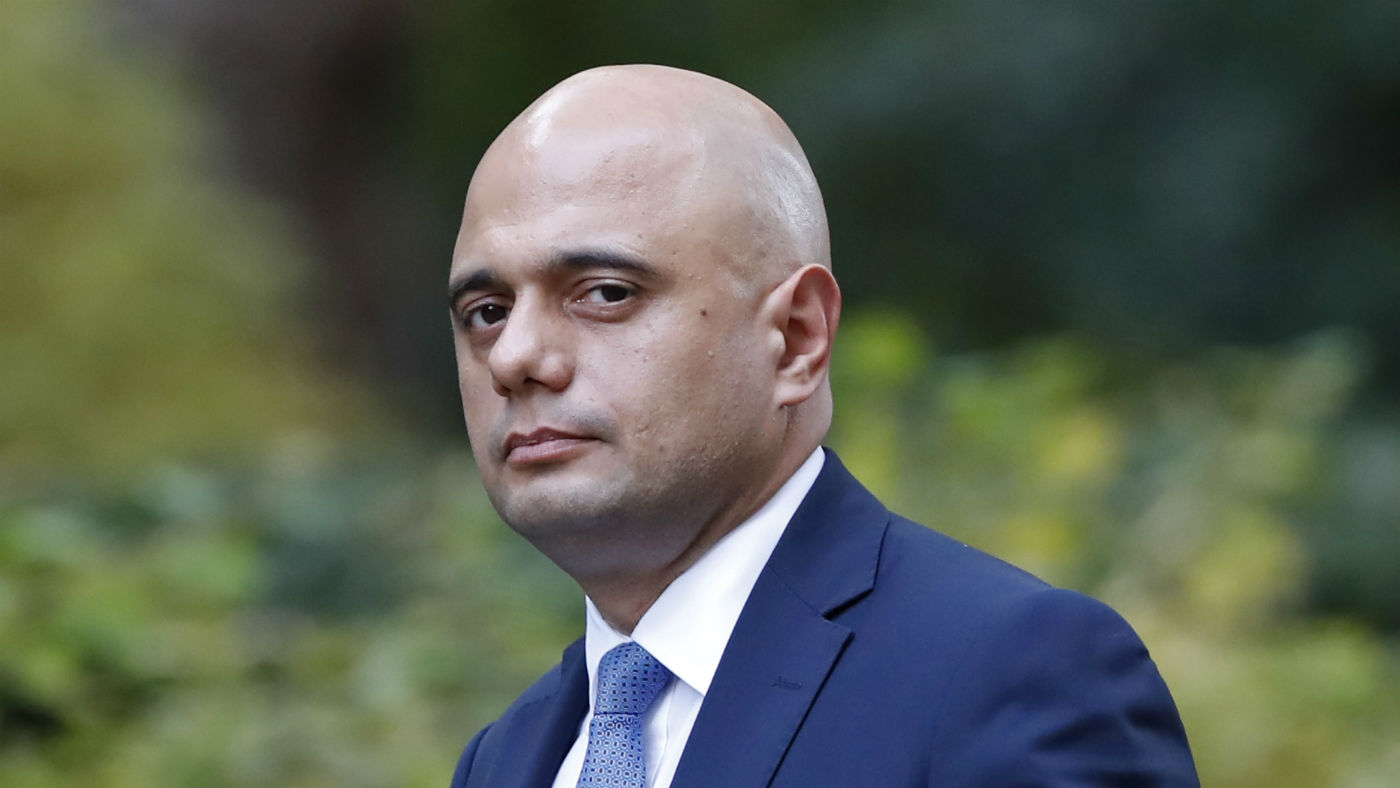
A free daily email with the biggest news stories of the day – and the best features from TheWeek.com
You are now subscribed
Your newsletter sign-up was successful
The Week’s daily round-up highlights the five best opinion pieces from across the British and international media, with excerpts from each.
1. Stephen Bush in the New Statesman
on the significance of the chancellor’s departure
The Week
Escape your echo chamber. Get the facts behind the news, plus analysis from multiple perspectives.

Sign up for The Week's Free Newsletters
From our morning news briefing to a weekly Good News Newsletter, get the best of The Week delivered directly to your inbox.
From our morning news briefing to a weekly Good News Newsletter, get the best of The Week delivered directly to your inbox.
Sajid Javid’s resignation is the end of an era in British politics“From a political perspective, the Conservatives will surely benefit from what will be an unprecedented degree of alignment and coherence between the head of government and the government’s finance chief. But from a policy perspective, the consequences are unknowable. This is a structure that, had it been in Tony Blair’s hands in 1997, might have seen the United Kingdom join the euro or, in John Major’s hands in 1992, might well have prolonged the UK’s stay in the Exchange Rate Mechanism. It may well free Johnson from the fiscal straitjacket that he hopped into in the election, when thanks to Javid he committed not only to large increases in public spending but also to keeping national insurance, value added tax and income tax flat or falling – all while reducing the UK’s debt-to-GDP ratio.”
–––––––––––––––––––––––––––––––For a weekly round-up of the best articles and columns from the UK and abroad, try The Week magazine. Start your trial subscription today –––––––––––––––––––––––––––––––
2. David Aaronovitch in The Times
on the lessons we should take from Bong Joon-ho’s film Parasite
A free daily email with the biggest news stories of the day – and the best features from TheWeek.com
The film that shows we’re all parasites now“It isn’t only the stars, moguls, chief executives and plutocrats who exist on the back of the Kims. Even the less wealthy are habituated to the low-paid service work of others — Uber drivers, Amazon deliverers, Ocado drivers, pizza guys. In 2018 more than 350,000 secondary school-aged children were privately tutored, double the number of a decade earlier. In the same year and in the same period the number of licensed private-hire drivers in London also doubled, to 114,000. Some do well, some really don’t. Lowly paid (often foreign) care workers play cards with our institutionalised elderly and are the first recipients of their miseries.”
3. Ilaria Maria Sala in The Guardian
on growing restentment in Hong Kong
The coronavirus outbreak has only heightened Hong Kong’s hostility towards Beijing“Some shops in Hong Kong have put up signs saying they will not serve ‘Mandarin speakers’ or anyone from the mainland – ostensibly as a precaution against the virus, as if that gave a veneer of respectability to discrimination. In social media and in graffiti, anti-Chinese sentiment has been steady: there are widespread claims that mainlanders are hoarding masks and hand sanitiser (the long queues outside shops are, in fact, mostly filled with locals). They are blamed for depriving Hong Kong of its resources, from hospital beds to milk formula, even if a quick look around the city shows that the people profiteering from face masks and disinfectant come from across the geographical and linguistic spectrum.”
4. Fredrik Erixon in The Spectator
on changing times
The death of the centre in European politics“Voters have been rebelling against old, established ‘centre-ground’ politics, and all around Europe, established politicians have responded by attacking voters. They’ve called their own electorate extremists, fruitcakes, loons, racists — or worse. Is it any wonder that this tactic has backfired? Voters don’t respond well to being insulted by the politicians they employ. They see it as arrogant and entitled. It drives them further into the arms of upstarts and fringe parties... This is no longer a story about the rise of populists, it’s a story of change. Either the old parties must adapt or populists will — transforming into the new ruling norm.”
5. Philip Stephens in the Financial Times
on the trade-off between stability and compromise
Europe must embrace a new way of politics“The new, fragmented politics looks inherently unstable. Building multi-party coalitions requires politicians to compromise, to admit they are throwing overboard policies that were part of their electoral platform. Hence predictions that it will be months before Ireland finds a governing coalition — and suggestions that the answer may be a second election. Better, some say, instability than compromise. There is, though, another way of looking at this new, fragmented landscape. The missing ingredient that does most to explain the stresses and strains in European politics is trust. Fewer voters are willing to hold on to their tribal allegiances in a world where political promises have been badly devalued. They are more attracted to new, smaller parties often representing, like the Greens, one or two big issues.”
-
 6 of the world’s most accessible destinations
6 of the world’s most accessible destinationsThe Week Recommends Experience all of Berlin, Singapore and Sydney
-
 How the FCC’s ‘equal time’ rule works
How the FCC’s ‘equal time’ rule worksIn the Spotlight The law is at the heart of the Colbert-CBS conflict
-
 What is the endgame in the DHS shutdown?
What is the endgame in the DHS shutdown?Today’s Big Question Democrats want to rein in ICE’s immigration crackdown
-
 The tricky science behind reviving ‘zombie viruses’
The tricky science behind reviving ‘zombie viruses’feature 48,500-year-old pathogen poses no risk to humans, but scientists hope to learn more about impact of melting permafrost
-
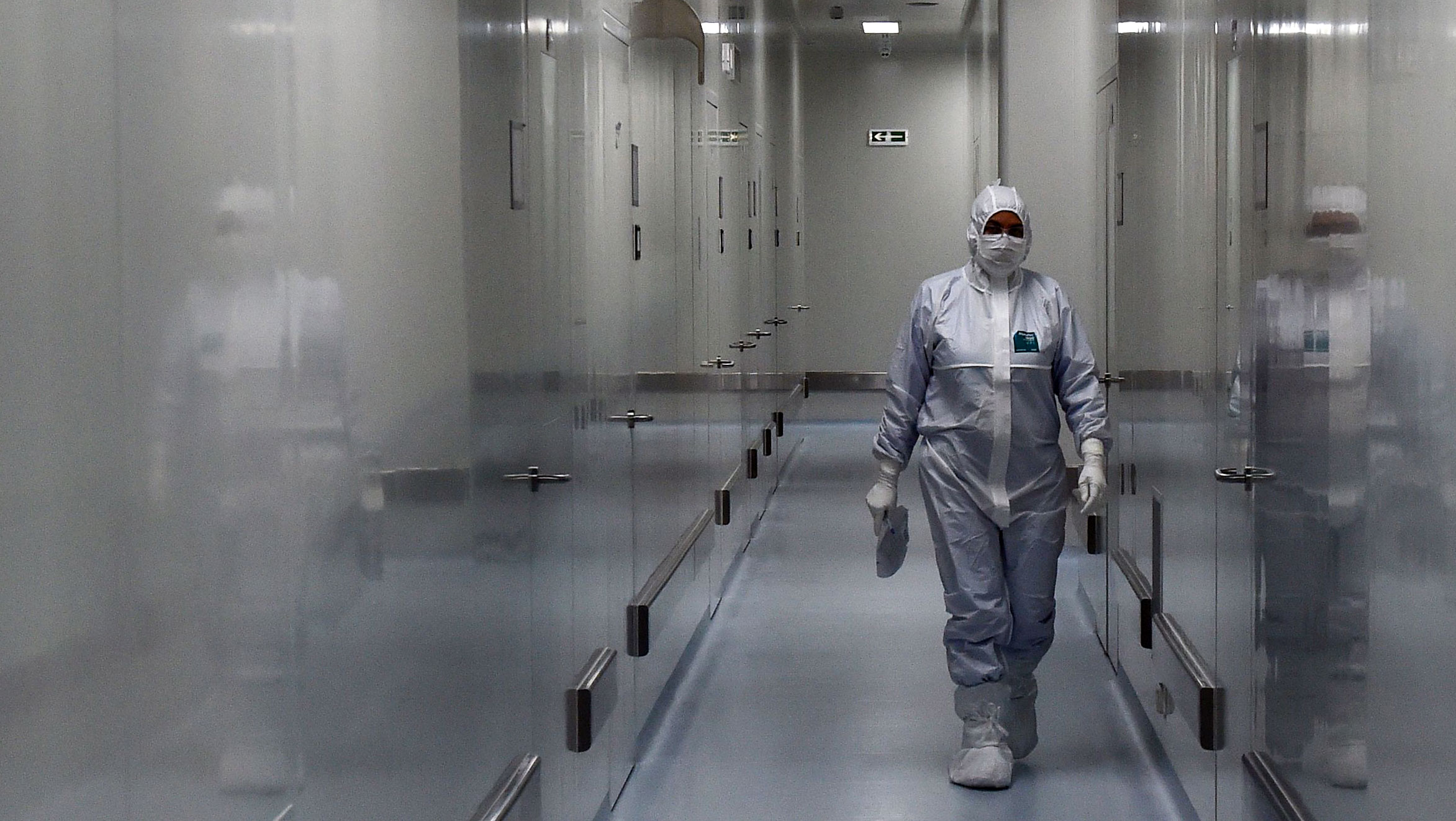 The Week Unwrapped: Immunity, Tunisia and Big Brother
The Week Unwrapped: Immunity, Tunisia and Big Brotherpodcast Will a drug called Evusheld cut Covid deaths still further? Is the Arab Spring over? And are we ready for the return of reality TV?
-
 ‘The UK’s malaise will not end with the Prime Minister’s exit’
‘The UK’s malaise will not end with the Prime Minister’s exit’Instant Opinion Your digest of analysis from the British and international press
-
 ‘Police tactics are not getting worse, they are simply being filmed’
‘Police tactics are not getting worse, they are simply being filmed’Instant Opinion Your digest of analysis from the British and international press
-
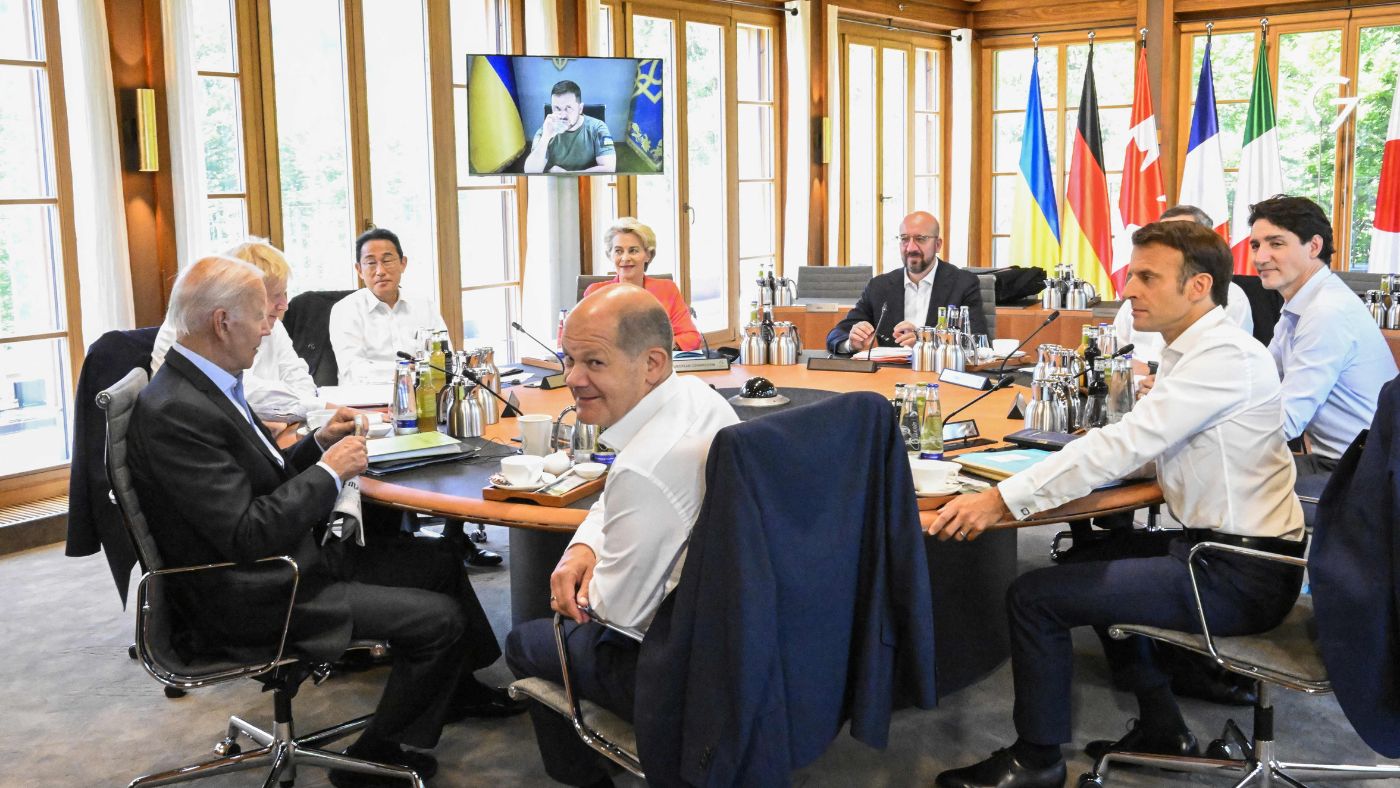 ‘G7 leaders missed a golden opportunity’
‘G7 leaders missed a golden opportunity’Instant Opinion Your digest of analysis from the British and international press
-
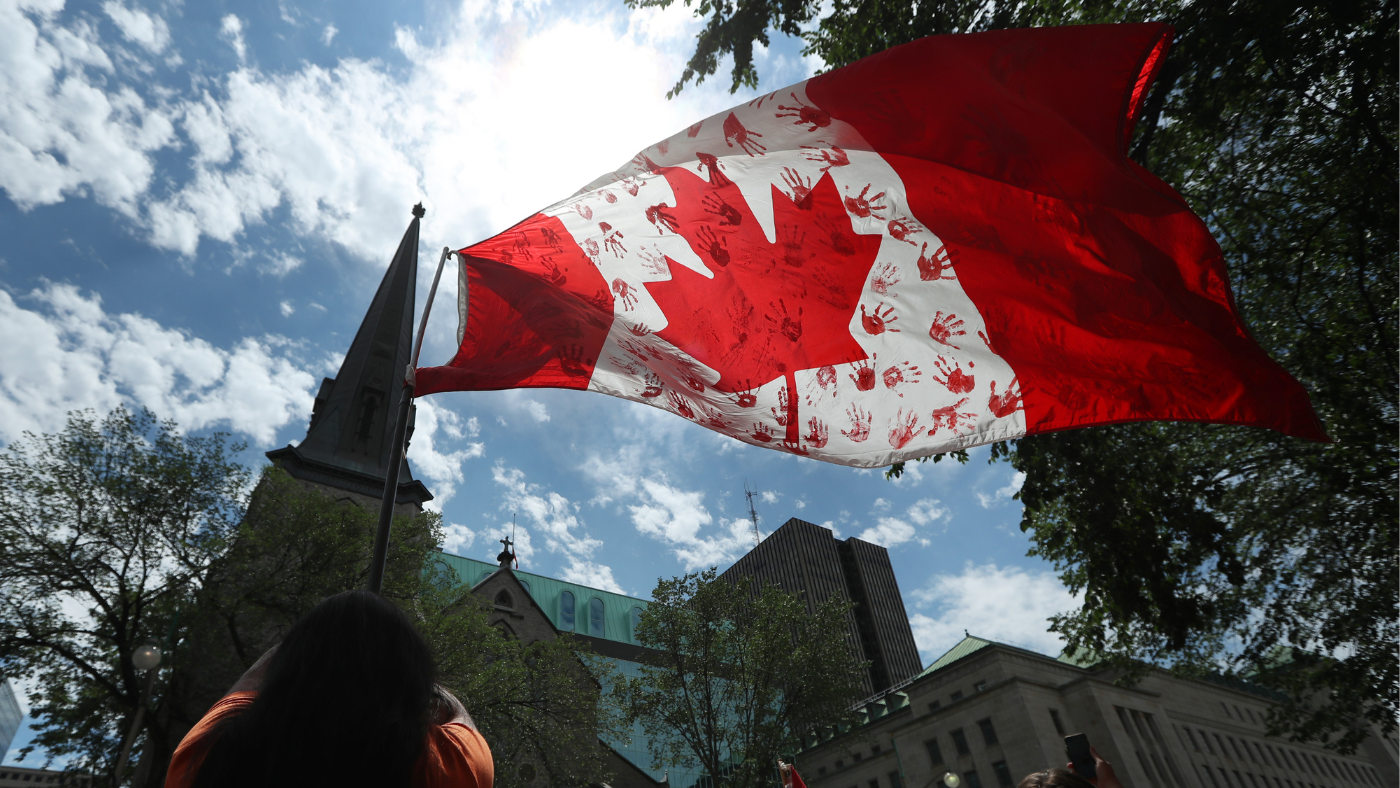 ‘It takes some soul searching to celebrate Canada Day’
‘It takes some soul searching to celebrate Canada Day’Instant Opinion Your digest of analysis from the British and international press
-
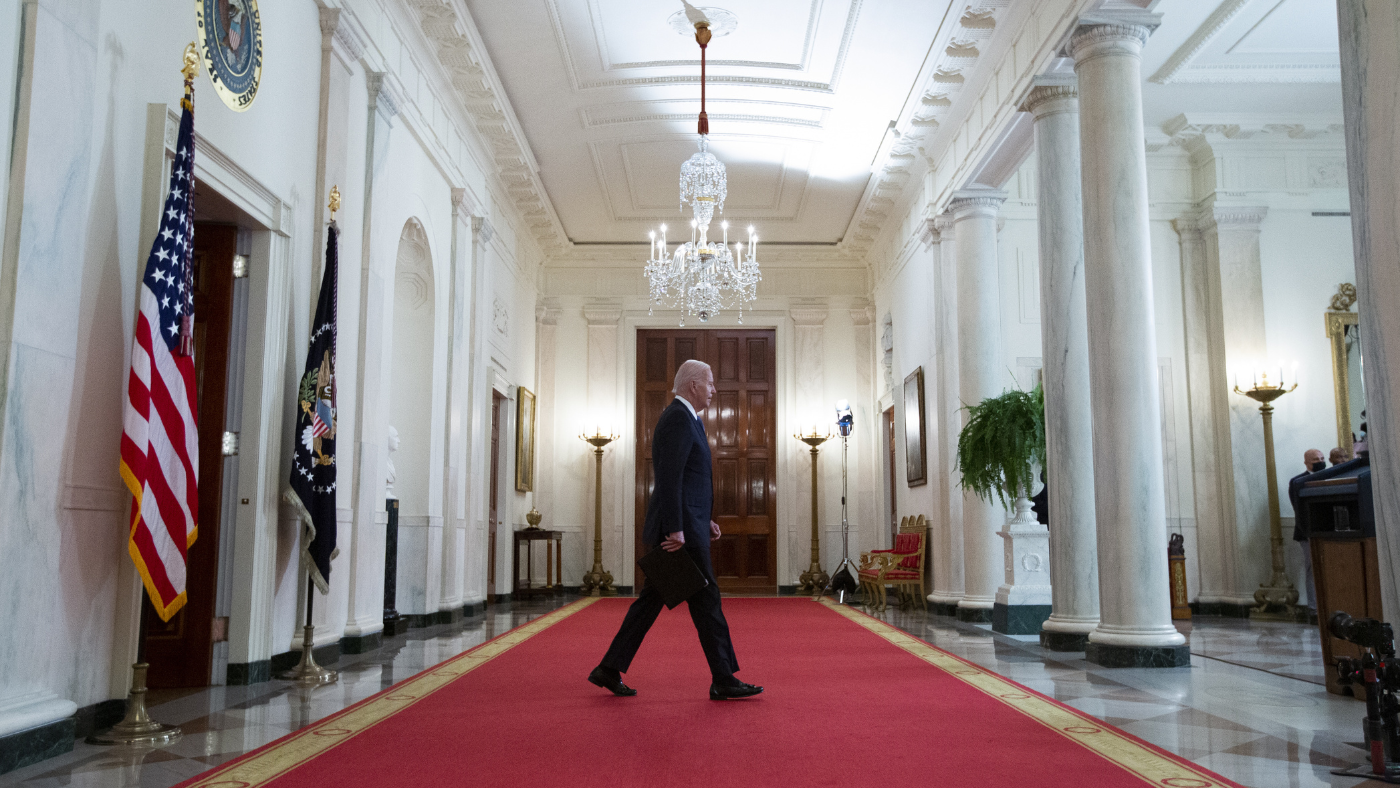 ‘Breakthrough on abortion rights could be there if Biden reaches for it’
‘Breakthrough on abortion rights could be there if Biden reaches for it’Instant Opinion Your digest of analysis from the British and international press
-
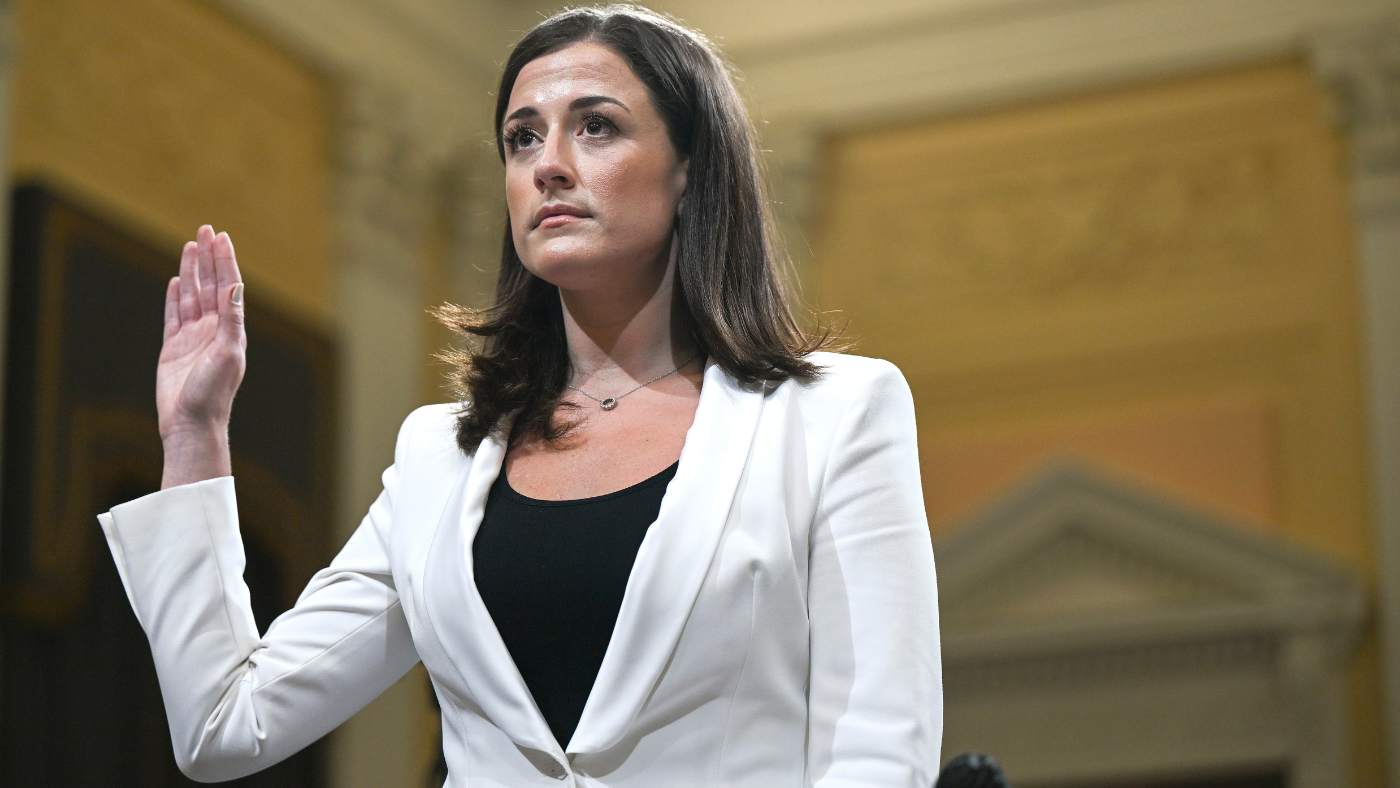 ‘If only Mark Meadows had even half Cassidy Hutchinson’s courage’
‘If only Mark Meadows had even half Cassidy Hutchinson’s courage’Instant Opinion Your digest of analysis from the British and international press